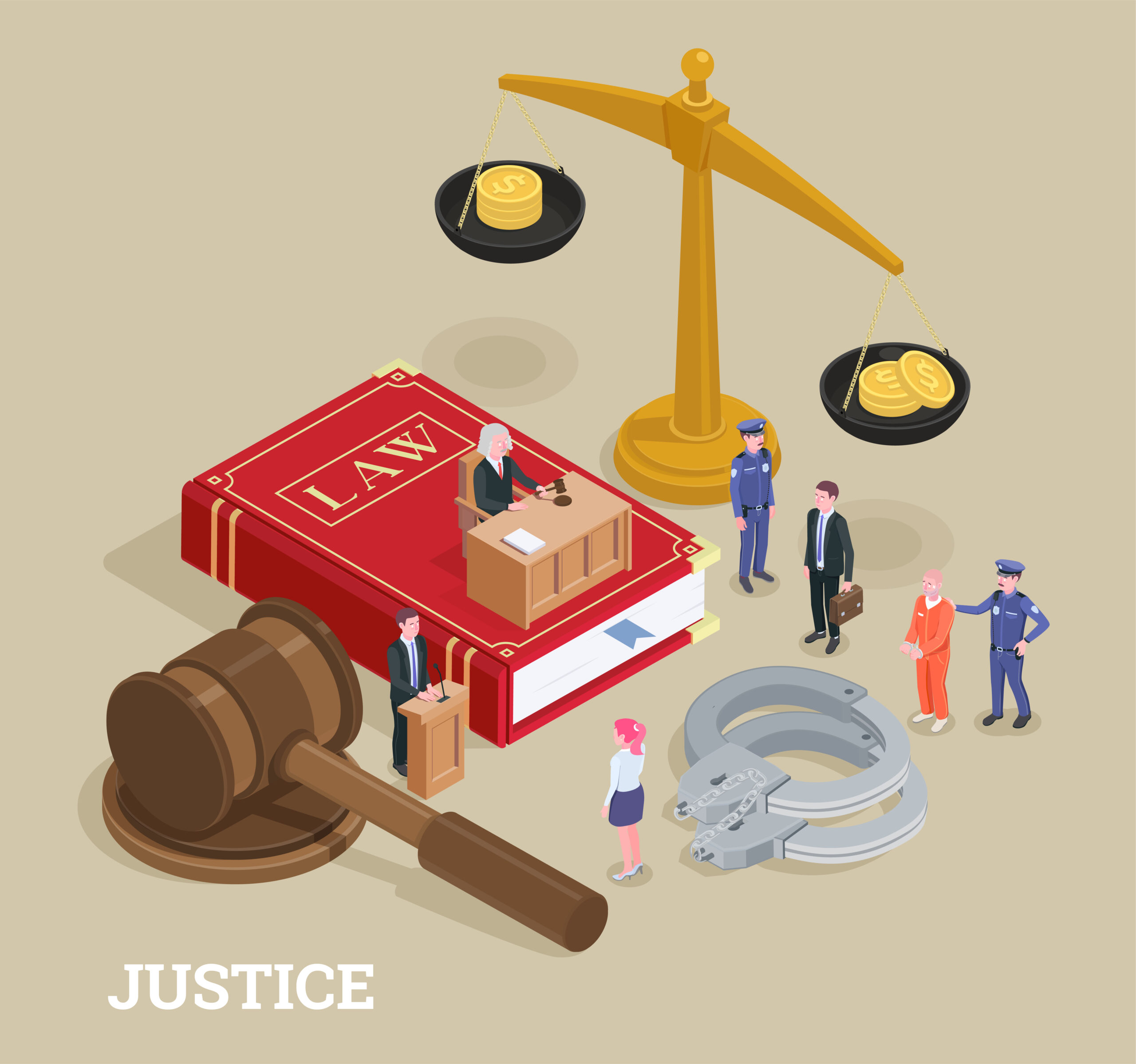The Doctrine of Double Jeopardy
Can you be punished more than Once for the Same offense?
People are often confused on this subject but there is a clear provision in the law for its clarification, I will try to explain the answer to this question in this article through a principle called the Doctrine of Double Jeopardy.
The Doctrine of Double Jeopardy is a legal principle that protects the individual from being tried or punished more than once for the same offense. It is derived from a Latin word called “ne bis in idem” which means “not twice for the same thing”. This doctrine is rooted in the idea of preventing government abuse, harassment, and oppression, ensuring fairness and individual liberty, and promoting finality in legal proceedings. It can be easily understandable by the following elements:
1. Principle of Non-Bis in idem:
It means “not twice for the same thing”. It means that an individual cannot be subjected to prosecution or punishment multiple times for the same criminal act or offense. This principle aims to uphold the fundamental rights of individuals and maintain the integrity of the criminal justice system.
2. Protection against Double Prosecution:
The doctrine prevents a person who has been acquitted or convicted of a particular offense from being tried again for the same offense in the same jurisdiction. It also prohibits transferring the same case to another jurisdiction to avoid the prohibition.
3. Protection against Double Punishment:
The doctrine also prevents an individual from being punished multiple times for the same offense. This includes both criminal penalties and non-criminal consequences, such as fines or civil liabilities, arising from the same underlying conduct.
Double Jeopardy: Protection under Nepalese Laws:
Constitution of Nepal: Article 20(6) under Right to Justice, states that no one shall be tried and punished for the same offense in a court more than once.
Principle of Res Judicata: Section 14 of Civil Procedure Code, 2074 states that once a case is filed and adjudged, the court shall not hear and adjudge the case involving the same matter and the same plaintiff and defendant more than once, except for an appeal made in the case or non-execution of the deed of compromise.
The National Criminal (Penal) Code, 2074: Section 9 states that no punishment again for the same offense which means no person shall be prosecuted in a court and punished again for the same offense.
Some International Applications
- European Convention on Human Rights (ECHR): Article 4 of Protocol No. 7 to the ECHR explicitly protects individuals from double jeopardy. It states that no one shall be liable to be tried or punished again in criminal proceedings for an offense for which they have already been finally acquitted or convicted in accordance with the law and penal procedure of each country.
- International Covenant on Civil and Political Rights (ICCPR): Article 14(7) of the ICCPR provides similar protection against double jeopardy. It states that no one shall be liable to be tried or punished again for an offense for which they have already been finally convicted or acquitted in accordance with the law and penal procedure of each country.
- Inter- American Court of Human Rights: The court has recognized the principle of non-bis in idem and its significance in the context of protecting human rights in the Americas.
- International Criminal Tribunals: International Criminal Tribunals like the International Criminal Court (ICC) also incorporate principles of double jeopardy in their procedures to ensure fair trials for accused individuals.
Some of the Cases decided by the Court:
1. Durga Lal Chaudhary v. HMG, NKP 2042, P.46
Durga Lal and others were charged with the offense called treason (Rajkaj). All of them were convicted by the court. Then after, the King granted pardon to them as per the then Constitution (2019) and released them.
Later, again being based on the same incident the prosecution prosecuted them in the name of dacoit. The accused pleaded upon the principle of double jeopardy against the prosecution team. Then the Supreme Court orders to quash the prosecution.
2. Ram Prasad Sitaula v. Timber Corporation of Nepal, NKP 2064, DN 7816
The case was about the violation of the corporation’s code of conduct. The petitioner violated the Corporation’s code of conduct for which he has been punished by the Department’s disciplinary action committee. He was charged with the offense relating to the Corruption Act, of 2059.
The petitioner pleaded for the principle of double jeopardy because it violates the fundamental right ensured in Constitution on the basis that he had already been punished and accused by the Department.
The court declared that the proceedings of the Department’s disciplinary action team cannot be considered judicial proceedings. The Court says that the punishment given by the Department is not the prosecution and the action was not the punishment given by the judicial tribunal. Thus, the petitioner cannot plead to have been prosecuted and punished for the same offense for double time.
Conclusion
The Doctrine of Double jeopardy is the principle related to the concept of fair trial. It simply means bringing an individual for a second trial of an offense for which he/she has been already convicted or prosecuted by the court. Overall, the doctrine of double jeopardy is a fundamental principle in various legal systems and international human rights instruments, aimed at protecting individuals from the injustice of being tried or punished multiple times for the same offense.
I hope the Question at the beginning of the article is resolved with this illustrative article.

